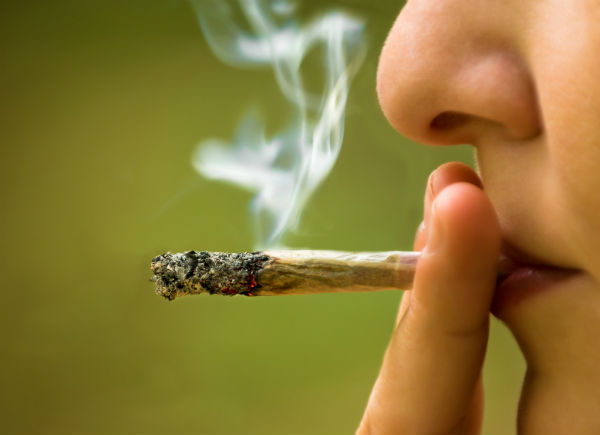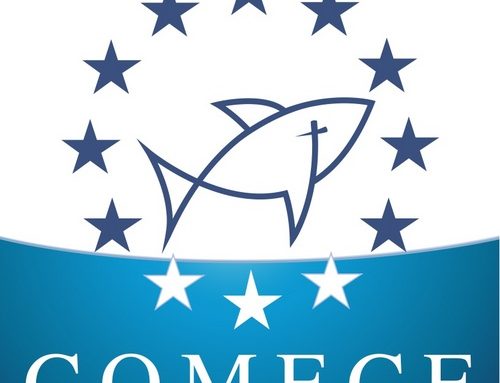Sisters and Brothers in Christ, with each passing day, we are confronted with the challenges of the broad acceptance of recreational marijuana both politically and culturally in Colorado and beyond. I write to you out of pastoral concern for the salvation of souls, and I am convinced of the need to address the impact marijuana use is having on individuals, families, and society in general.
In 2012, Colorado voted to legalize recreational marijuana, and in 2014, it became the first state to permit its sale. As more states follow (as of this writing, recreational and medical marijuana are legal in 23 and 38 states respectively),1 there is a need to speak about the devastating effects of drugs such as methamphetamine, fentanyl, opioids, and others that we have witnessed.
That They Might Have Life – Archdiocese of Denver (archden.org)
During the campaigns that advocated for the legalization of marijuana and other drugs, many pro-legalization arguments were made, and visions of the future were cast which downplayed any potential negative effects of the legislation. In Colorado, we are now a decade into this experiment. As more studies come out and more deaths from fentanyl pile up, we now have an overwhelming amount of data that reinforces what we have known to be true all along: the legalization of marijuana and cultural acceptance of drug use have been disastrous to our society.
Recently, I was in Spain and was praying in a church. A homeless man came into the church and approached me, begging for money. He needed the money not for food, water, or shelter, but for drugs. He went to great lengths to express his desperation and showed me the damage the needles had done to his arm. My heart broke for this man who was not only severely addicted to drugs but was suffering with mental illness.
Unfortunately, addiction, mental illness, and homelessness are commonly experienced together. We cannot pretend that the legalization and growing cultural acceptance of drugs do not have disproportionate effects on the most vulnerable in our society. Not only that, but it is an assault on human dignity, taking advantage of the vulnerable for the sake of financial profit.
In writing this letter, I want to help Catholics intelligently dialogue with the 70% of Americans who currently believe marijuana should be legal.2 These reflections are drawn from the natural law, which is founded on reason, but also feature distinctively Christian arguments. Indeed, there is no tension between reason and faith; rather, as I hope this letter will make apparent, they complement each other well.
I hope this Pastoral Letter becomes among the first of many future resources made available to help fill the void that exists in the Catholic space on this burgeoning and critical issue. What is said here about marijuana can also be applied to other recreational drugs like psychedelic mushrooms (recently legalized in Colorado), fentanyl, and other substances.
……………………………………………………….
Other infos on marijuana:









